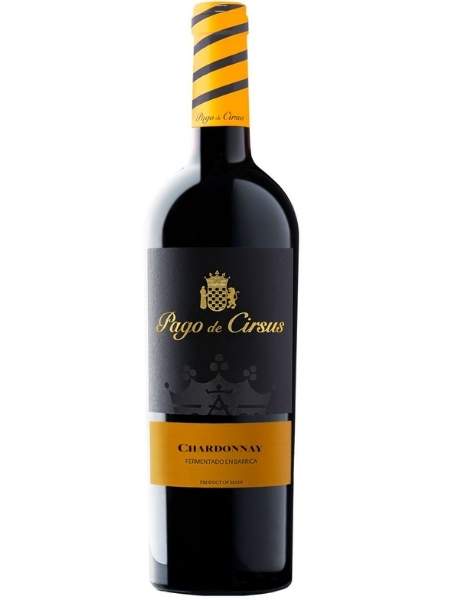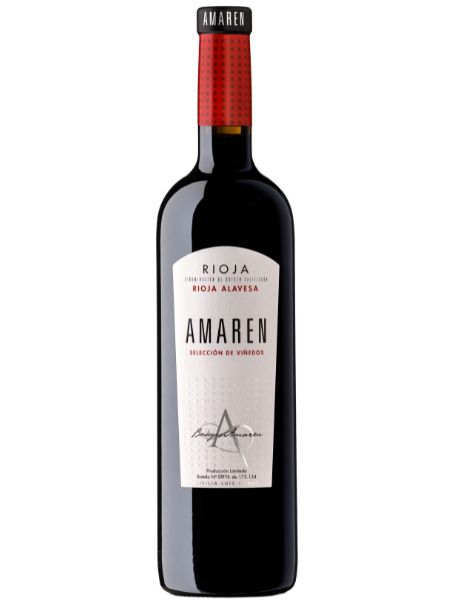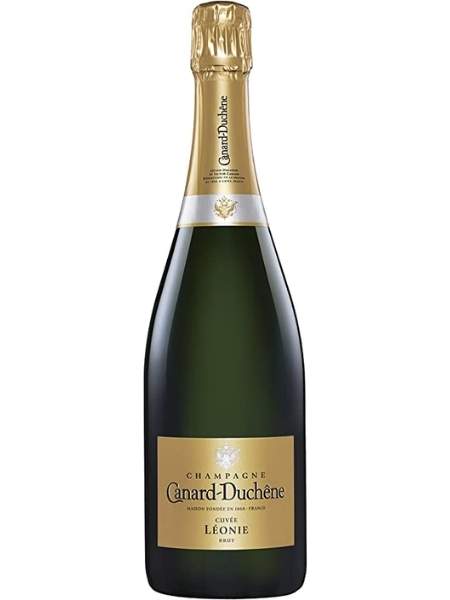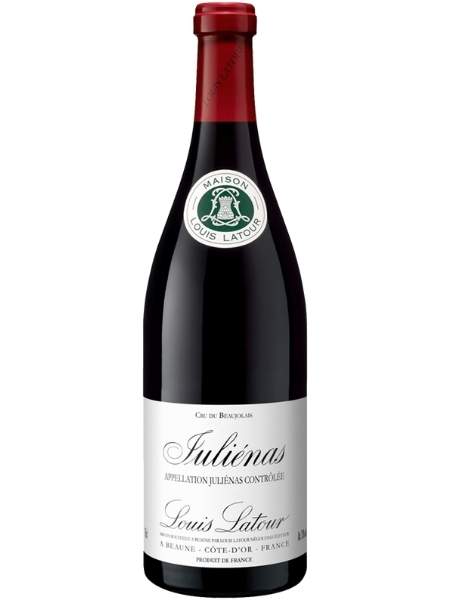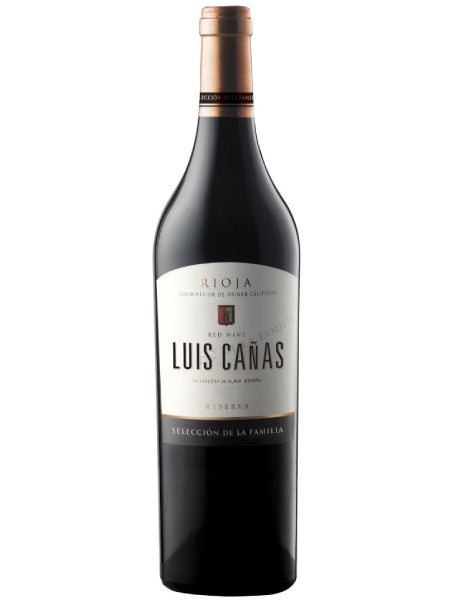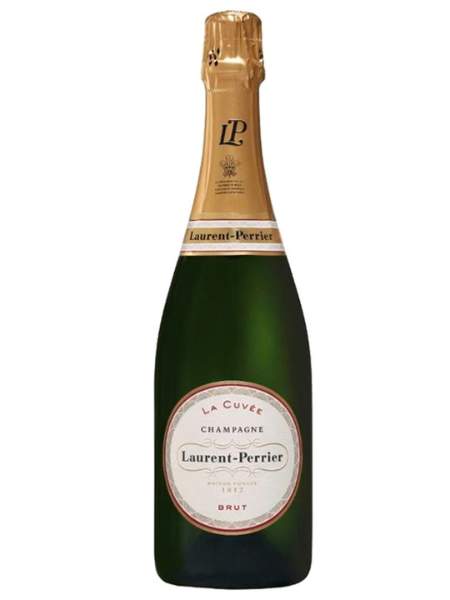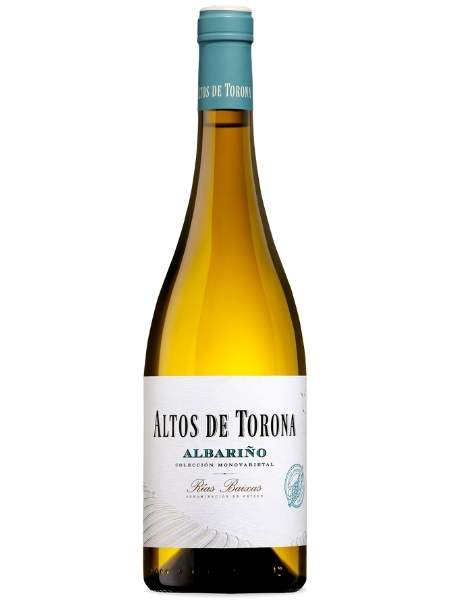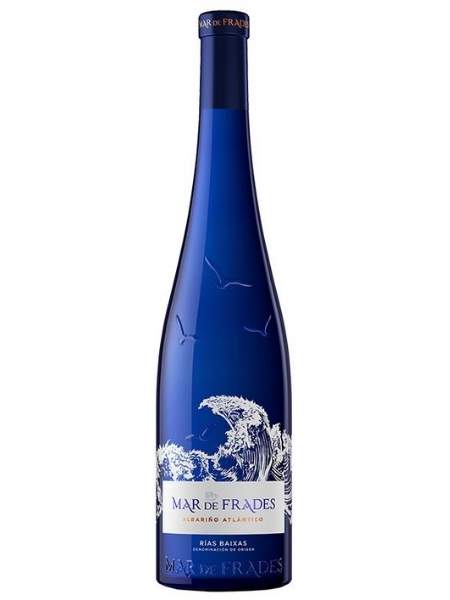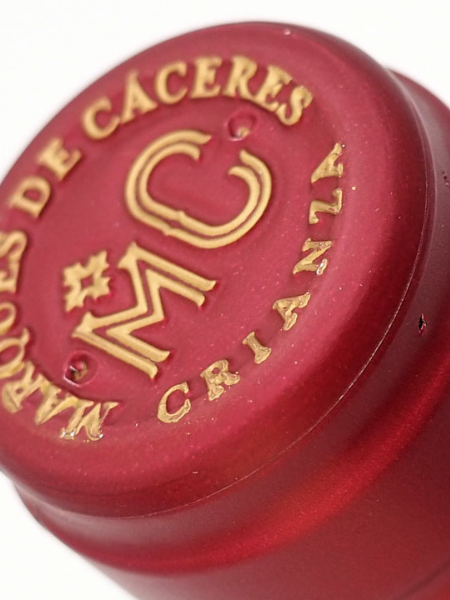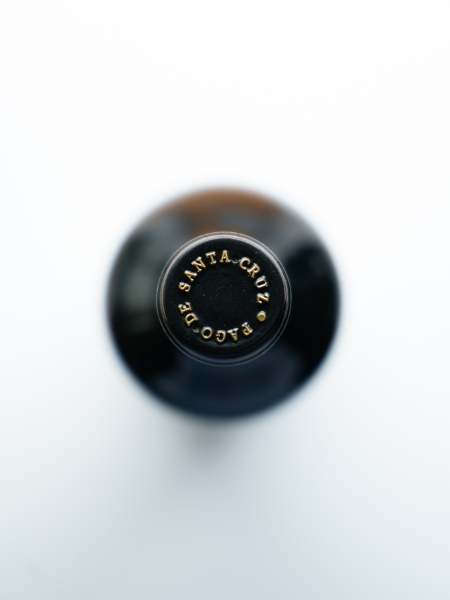
Are Wine Bottles Recyclable?

Have you ever stopped to consider the impact of all those wine bottles after enjoying that delightful glass (or bottle) of your favorite wine? Not just on our wallets, but also on the environment? If you have then we’ve got news for you, and it isn’t bad—wine bottles are actually recyclable! In this blog post, we take a closer look into how exactly recycling works in this case and why it can have such beneficial impacts. So no matter whether you’re an avid wine enthusiast or simply someone who enjoys popping open their favorite bottle every once in a while, keep reading if you want more information about one small but significant way to unplug and live sustainably!
Wine Bottle Recycling: An Eco-Friendly Choice
Wine bottle recycling is not just a responsible choice; it's also a significant step towards reducing our carbon footprint. Here's everything you need to know about it:
The Basics of Wine Bottle Recycling
Wine bottles, typically made of glass, are highly recyclable. Glass is 100% recyclable without losing its quality. When you recycle a wine bottle, it can be used to make new glass containers endlessly.
The Recycling Process
1. Collection: Recycling begins with collecting empty wine bottles. This can be done through curbside recycling programs or bottle return systems in some regions.
2. Sorting: Bottles are sorted by color - clear, green, or brown - as different colors require separate recycling processes.
3. Cleaning: Bottles are cleaned to remove labels, corks, and any residue.
4. Crushing: The bottles are crushed into small pieces called cullet.
5. Melting and Reforming: Cullet is melted and molded into new glass products, including more wine bottles.
Benefits of Wine Bottle Recycling
Recycling wine bottles offers numerous benefits:
1. Energy Savings: Making new glass from recycled glass requires less energy than producing it from raw materials.
2. Reduced Pollution: Glass production contributes to air and water pollution, which can be mitigated through recycling.
3. Conservation of Resources: Recycling conserves natural resources like sand, soda ash, and limestone, used in glass production.
Wine Bottle Recycling in Practice
How to Recycle Wine Bottles
Recycling wine bottles is easy and environmentally responsible. Follow these steps:
1. Rinse the bottle to remove any residue.
2. Remove the label if it's not made of paper (paper labels can be left on).
3. Place the bottle in your recycling bin or take it to a nearby recycling center.
Where to Recycle Wine Bottles
Most communities offer glass recycling services. You can find designated glass recycling bins in public areas or inquire about local drop-off locations. Additionally, some wineries have recycling programs or accept empty wine bottles.
Creative Ways to Repurpose Wine Bottles
Recycling isn't the only way to give wine bottles a new lease on life. Get creative:
1. Decor: Wine bottles can be transformed into beautiful vases, candle holders, or even lamp bases.
2. Gardening: Use them to create DIY planters or garden edging.
3. Arts and Crafts: Craft enthusiasts can turn wine bottles into unique art pieces or homemade gifts.
FAQs
Can I recycle wine bottles with wine still in them?
No, it's essential to empty and rinse wine bottles before recycling them to prevent contamination and ensure a successful recycling process.
Are wine bottle caps and corks recyclable?
Wine bottle caps made of metal can usually be recycled with other metal items. Corks, on the other hand, are biodegradable and can be composted or repurposed.
How many times can a wine bottle be recycled?
Glass can be recycled indefinitely without losing quality, making it a truly sustainable choice.
Do I need to remove the foil on the neck of wine bottles before recycling?
Yes, foil should be removed before recycling because it can't be recycled with glass.
Are wine bottles more eco-friendly than other packaging materials?
Glass wine bottles are environmentally friendly due to their recyclability and minimal impact on the environment compared to plastics or aluminum.
Can I recycle wine bottles with chips or cracks?
It's best to avoid recycling damaged bottles, as they can disrupt the recycling process. Instead, consider repurposing them or disposing of them properly.
Conclusion
In conclusion, wine bottles are indeed recyclable, and recycling them is an eco-conscious choice that benefits our planet. By following simple steps and getting creative with repurposing, you can contribute to a greener, more sustainable future. So, the next time you enjoy a bottle of wine, remember the positive impact you can make by recycling the empty bottle.






